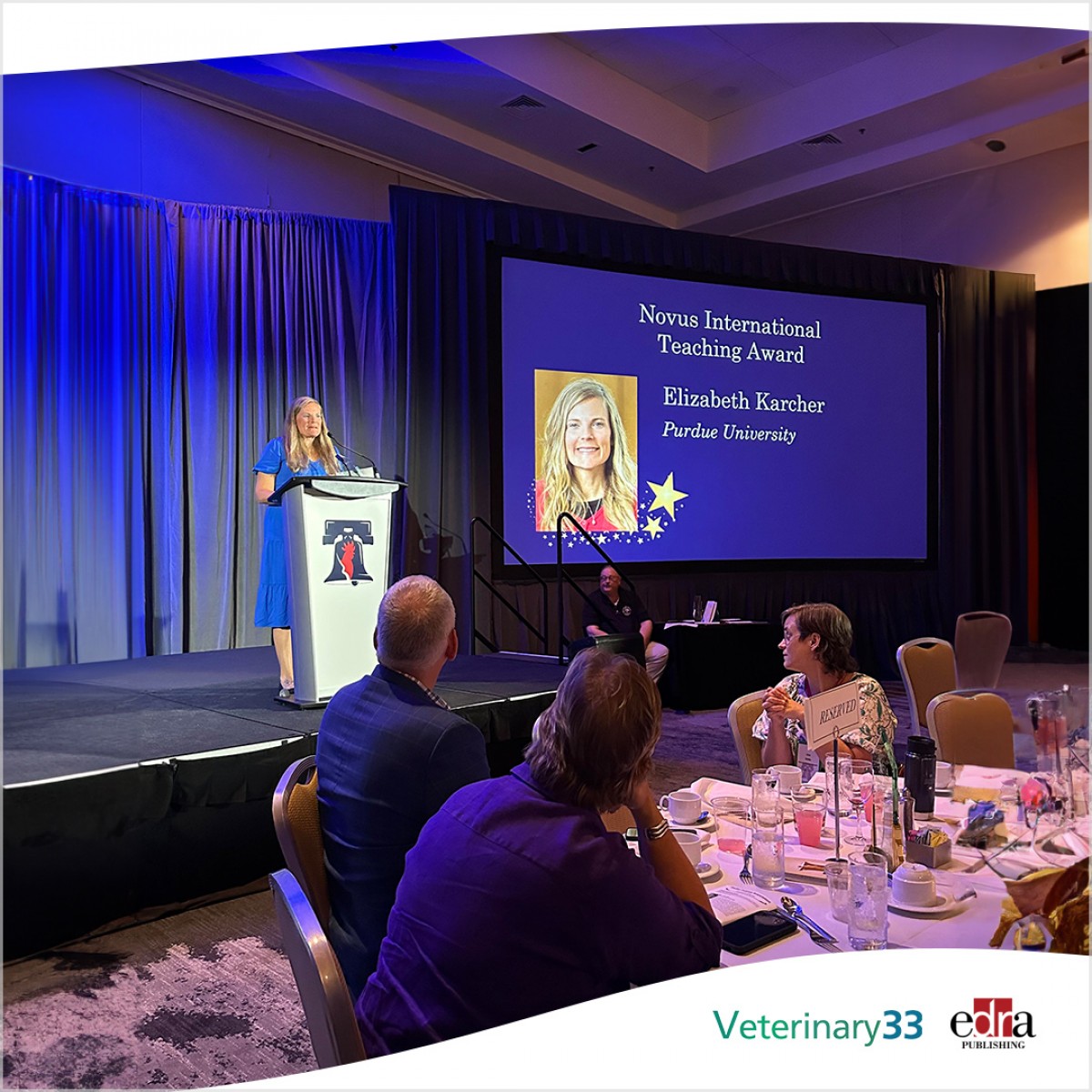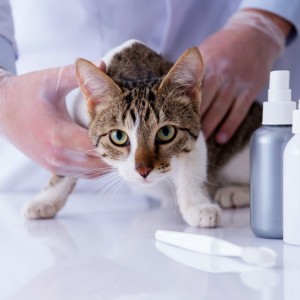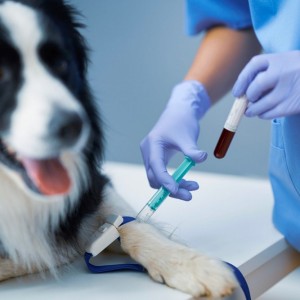Emerging infectious diseases in livestock
by Jenny Alonge
Livestock infectious diseases have a significant impact on animal health, the global food supply, local and worldwide economies, and in some cases, human health. As the human population increases and agricultural food sources expand, livestock have an increased risk for disease outbreaks, which lead to losses caused by deaths attributable to the disease and culling to help prevent disease spread. Disease outbreaks also decrease herd productivity, negatively impact agricultural economies, and affect produced goods’ quality and quantity. Four concerning diseases have the potential to create global problems.
Bovine viral diarrhea virus
Bovine viral diarrhea virus (BVDV) is one of the most severe viral pathogens affecting bovine species worldwide. This complex disease has two viral strains that cause various signs that may manifest as enteric and respiratory disease, immune suppression, conception failure, abortions, stillbirths, teratogenic abnormalities, and calves born with persistent infection. Commercial BVDV vaccines are available, but new strains and variants continuously emerge, hampering the vaccines’ efficacy. In addition, pigs can serve as an infection reservoir. BVDV is a pestivirus and is genetically and antigenically related to classical swine fever virus (CSFV).
Cattle are considered natural BVDV hosts and are pigs’ major infection source. BVDV infection in pigs has been reported in many countries, including China, the Netherlands, Brazil, Austria, Germany, Norway, Ireland, and Denmark. Researchers at Auburn University College of Veterinary Medicine, Auburn, Alabama, recently demonstrated a high BVDV seroprevalence rate in wild pigs from several U.S. states. Feral swine have been reported in 35 states, with the population estimated as being more than six million, and their numbers are rapidly increasing. Positive BVDV pigs are typically identified on farms where they have direct contact with cattle. While BVDV does not necessarily clinically affect pigs, they can transmit the virus back to cattle and other ruminants, spreading the disease.
African swine fever
African swine fever (ASF) is a highly contagious viral disease that affects domestic and wild pigs. The mortality rate can reach 100%. This virus is highly resistant in the environment, and currently, no effective vaccines are available to prevent ASF. Swine production is a primary income source for people in many countries, and ASF has devastated family-run pig farms across the world. In addition, the disease threatens food security worldwide, because pork is a primary animal protein source, accounting for more than 35% of the global population’s meat intake. ASF also endangers biodiversity and ecosystem balance, because wild boars, including native breeds, are affected.
ASF is endemic to sub-Saharan Africa, where the virus was initially discovered, and since 2005, has been reported in 32 African countries. Since the virus’s discovery, ASF has spread globally:
- 2007 — ASF was identified in Georgia’s Caucasus region and spread to neighboring countries, including Armenia, Azerbaijan, Russia, and Belarus.
- 2014 — ASF was first reported in the European Union in 2014 and has currently been reported in 16 EU countries. Belgium and the Czech Republic have since managed to eradicate the disease.
- 2018 — In August, ASF was reported in China and has since spread to 16 Asian countries.
- 2019 — ASF was reported in Oceania in September 2019 and Papua New Guinea in March 2020.
- 2021 — In July, ASF was identified in the Dominican Republic and later spread to Haiti.
- 2022 — ASF was reported on the Italian mainland, North Macedonia, Thailand, and Nepal.
The World Organization for Animal Health’s (WOAH’s) latest ASF situation report demonstrates that since January 2021, nine countries have reported their first ASF occurrence, while 10 countries have reported that the disease has spread to new zones, highlighting the virus’s continuous spread and confirming its global threat.
Bovine tuberculosis
Bovine tuberculosis is a serious infectious, zoonotic disease that affects many domesticated and wild animals, creating a significant economic and public health problem. Bovine tuberculosis is most common in low- and middle-income countries, but persistent wild animal infections in some countries have complicated disease eradication. Examples include European badgers in the United Kingdom, white-tailed deer in the United States, and brushtail possums in New Zealand. Africa and parts of Asia report the disease’s highest prevalence. Cattle are the main Mycobacterium bovis reservoir and are humans’ main infection source. The most common M. bovis transmission route is through the ingestion of contaminated dairy and meat products, but airborne transmission is an occupational risk for individuals such as veterinarians, farmers, slaughterhouse workers, and butchers. Key challenges to controlling zoonotic tuberculosis include:
- Differentiation — Laboratory procedures used to diagnose tuberculosis don’t differentiate between M. bovis and M. tuberculosis, leading to zoonotic tuberculosis being underdiagnosed.
- Resistance — M. bovis is naturally resistant to pyrazinamide, a medication that is part of the standard tuberculosis treatment protocol. Because most health care providers initiate treatment without having tested for drug susceptibility, patients with zoonotic tuberculosis often receive ineffective treatment.
- Misdiagnosis — Zoonotic tuberculosis in humans commonly presents with extrapulmonary signs, complicating diagnosis and delaying treatment.
Lumpy skin disease
Lumpy skin disease (LSD) has recently emerged in many countries in the northern hemisphere, making it one of the most important emerging transboundary diseases. The LSD virus is highly resistant to environmental conditions and is host-specific, affecting large ruminants such as cattle and water buffalos. Wild ruminants can also serve as a potential reservoir. The LSD virus causes economic losses resulting from milk production decreases, temporary or permanent bull sterility, damage to affected animals’ hides, and in some cases, death. The recent global LSD virus spread is believed to be related to climate change, because this condition is an arthropod-borne infectious disease.
Livestock infectious diseases have a significant impact on animal health, the global food supply, local and worldwide economies, and in some cases, human health. To help prevent disease spread and future outbreaks, veterinary professionals must be aware of emerging infectious livestock viruses.













List
Add
Please enter a comment